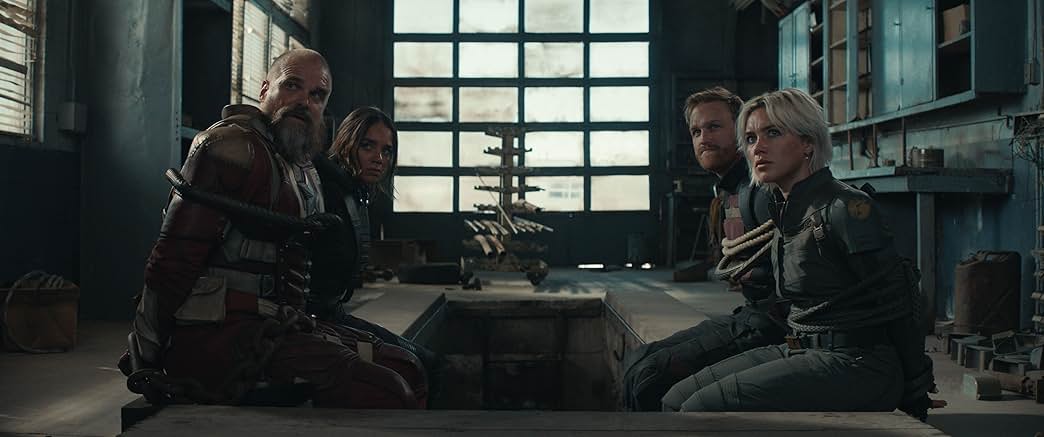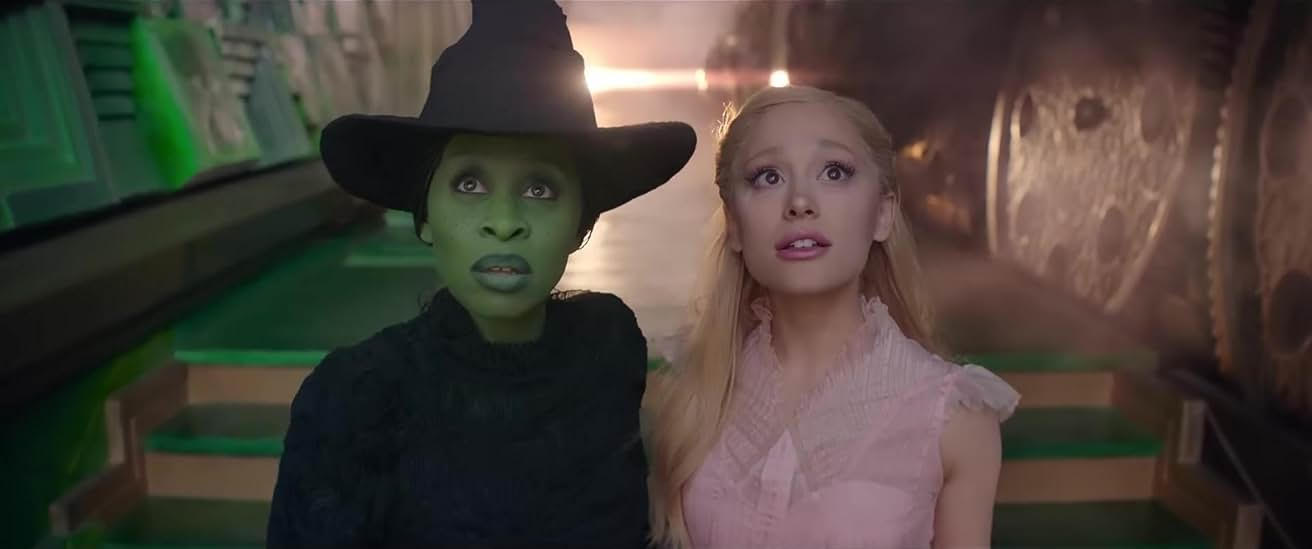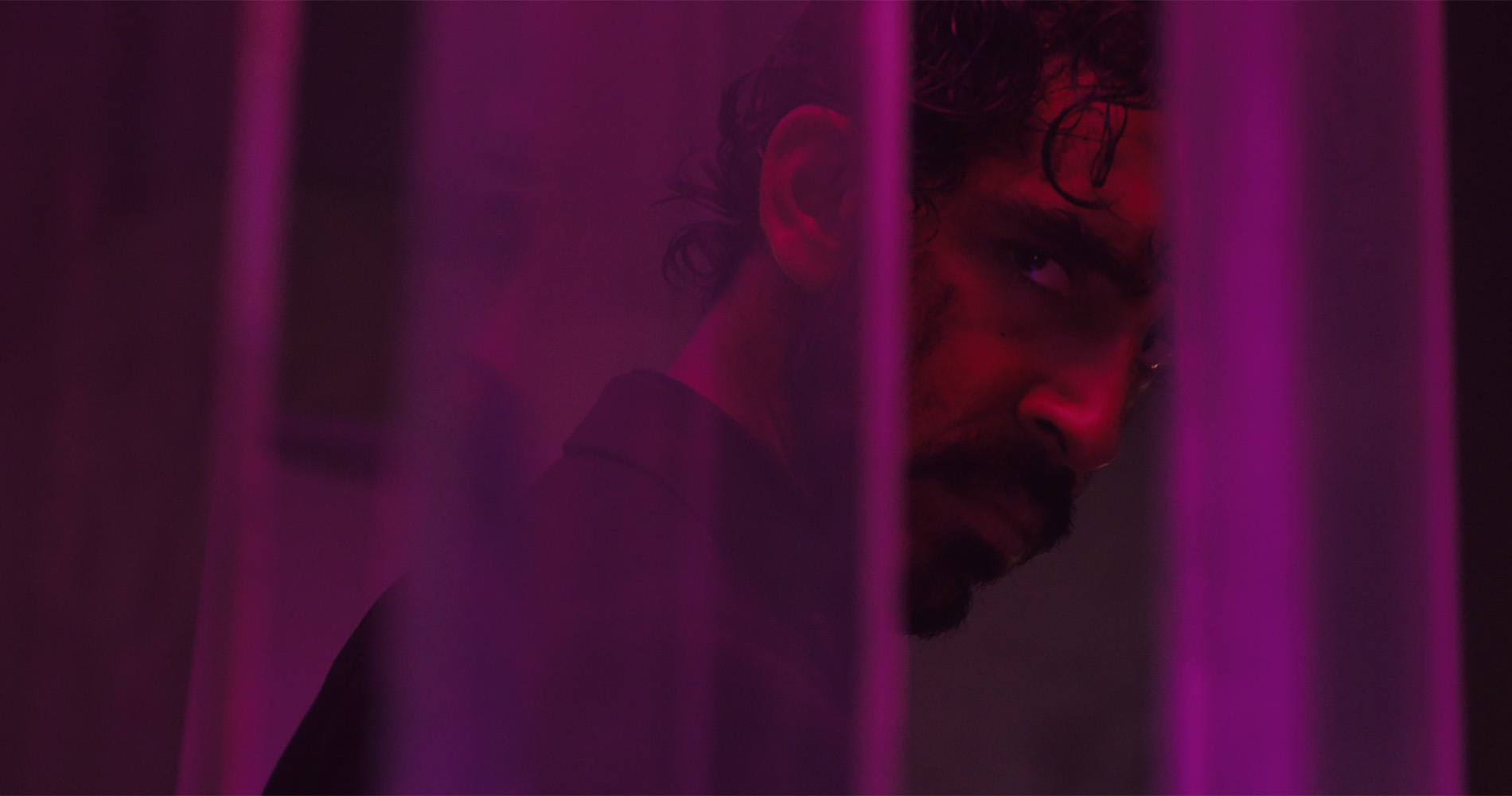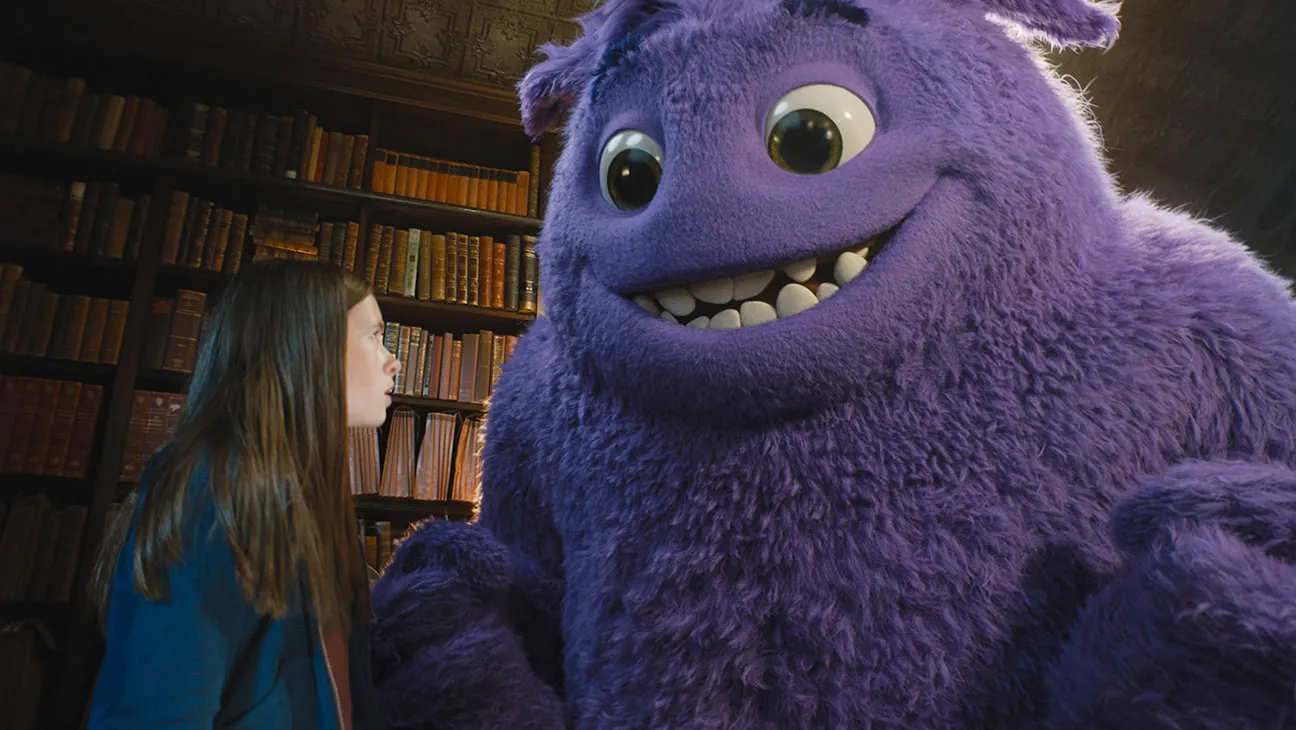Film review: Despite flaws, ‘Thunderbolts*’ serves as spark to fading MCU universe

Pictured is the cast of “Thunderbolts*” sitting on the floor and looking past the camera. The action superhero film landed in theaters Friday.(Courtesy of IMDb)
“Thunderbolts”
Directed by Jake Schreier
Walt Disney Studios Motion Pictures
May 2
By Martin Sevcik
May 5, 2025 10:39 a.m.
This post was updated May 6 at 9:30 p.m.
Editor’s note: This article contains mentions of suicidal ideation.
Warning: spoilers ahead.
With its latest outing, Marvel brings a new spark into the fading Marvel Cinematic Universe.
Rounding out phase five of the MCU, “Thunderbolts*” landed in theaters Friday. Expert spy Yelena Belova (Florence Pugh) is on clean-up duty for soon-to-be-impeached CIA Director Valentina Allegra de Fontaine (Julia Louis-Dreyfus), destroying evidence of her involvement in clinical trials to create the next superhero. On her last mission, de Fontaine attempts to kill Belova alongside some of her fellow covert agents – and some random civilian named Bob (Lewis Pullman) – forcing them to band together to escape their employer’s traps and stop her evil plans.
[Related: Waverly Wang channels emotional bonds, musicality in animated short ‘Party Boy’]
In many ways, the film follows in the steps of DC’s “Suicide Squad” film franchise – for some reason – as the ragtag bunch of misanthropic villains go from pettily out-quipping each other to becoming a true team of friends. The filmmakers bank on audiences liking the characters first and foremost, with no spare moment wasted to help characterize them in between action setpieces.
And this focus on characters works, largely aided by the film’s strong acting talent. Pugh’s performance as a deeply troubled superspy is a strong centerpiece, only faltering when her Russian accent slips or when she’s given something truly cringeworthy to say. Pullman as Bob is a pleasant surprise, with his quiet, easy affability serving as a good-natured foil to his gruff mercenary counterparts. Everyone else – from the cynical, disappearing Ghost (Hannah John-Kamen) to the flunkee Captain America replacement John Walker (Wyatt Russell) – pulls their weight, building off their prior MCU appearances now that they have the spotlight.
This focus on characterization is essential in a superhero film that sometimes lacks spectacle. This is an adventure film set in beige deserts and concrete vaults, avoiding bright colors at seemingly any cost. Some of the action sequences are filmed so close-up as to be disorienting, as though the filmmakers wanted to present claustrophobia over excitement. There are some standout sequences – mainly near the end of the film, once they escape the concrete bunker – but this is not the peak of Marvel’s action prowess.
If anything, the political and corporate thriller plotlines feel like they get more screen time than the robust action choreography early on – which is not necessarily a bad thing. It is fun to watch Louis-Dreyfus pull from her role as Selina Meyer in “Veep,” this time warped with age into something much more sinister. Where the political drama in February’s “Captain America: Brave New World” felt confused and bloated, here it feels like it has momentum and serves a greater aesthetic and story purpose.
And what is that greater story purpose? Depression, of course.
“Thunderbolts*” is the film where the MCU thematically tackles mental health – with mixed results. The very beginning of the film is seemingly a suicide fake-out, where Belova jumps off a building, only pulling her parachute’s ripcord after a long, long pause. Other characters are forced to relive their most traumatic moments throughout the film, implying suicidal ideation in at least one other instance.
Much of this thematic work centers around Bob, whose backstory features drug abuse, physical abuse and overlapping mental health issues. He becomes the story’s central character by the end of the film, and he transforms the film into a bizarre, lucid dream of trauma. The film demonstrates an ability to handle topics of loneliness and depression effectively, particularly in one well-scripted dialogue between Belova and her father. But in this finale, the message of the film becomes the cliched “No one is ever truly alone,” with the power of friendship quite literally saving the world in a deeply arbitrary final sequence.
[Related: Youth-oriented film festival inspires creativity, mental health awareness]
In a film that had the potential to be among the MCU’s best films since “Avengers: Endgame,” this ham-fisted approach does some damage. It undermines much of the great character work present from the actors and screenwriters and makes the film feel like a deeply corporate approach to an issue that lower-budget films have handled with sincerity and poignancy. It takes what could have been a great outing in the MCU – something the company needs more than ever – and turns it into a good one instead.
“Thunderbolts*” is a solid return to form. We’ll see if lightning strikes twice in the team’s next outing.





